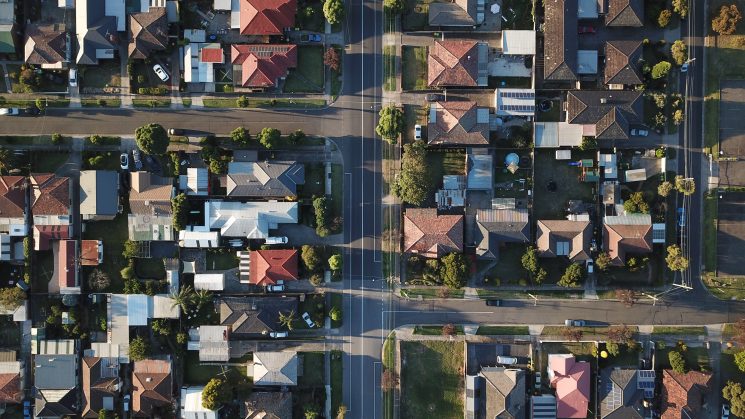In the UK, a deposit of 5% to 20% of the overall property’s value is a crucial requirement when trying to secure a mortgage to purchase a property. Understanding how deposits work in the context of a mortgage is vital for prospective homebuyers. Here’s an overview of how deposits function in the UK mortgage market:
Deposit Amount
The deposit is the initial lump sum of money that a buyer contributes toward the purchase of a property. It’s usually expressed as a percentage of the property’s total purchase price. In the UK, typical minimum deposit amounts range from 5% to 20% or more of the property’s value. The exact percentage required often depends on various factors, including the lender, the buyer’s financial situation, and the specific mortgage product.
Loan-to-Value (LTV) Ratio
The deposit amount determines the Loan-to-Value (LTV) ratio, which is the proportion of the property’s value that is borrowed through the mortgage. For instance, if a property costs £300,000 and the buyer puts down a £60,000 deposit (20%), they would require a mortgage of £240,000, resulting in an 80% LTV ratio.
Impact on Mortgage Rates and Products
The size of the deposit significantly affects the mortgage rates and options available to buyers. Typically, lenders offer more favorable interest rates and a broader selection of mortgage products to those with larger deposits. Higher deposits often result in lower LTV ratios, which are generally associated with lower interest rates and a broader choice of mortgage deals.
Affordability and Risk for Lenders
A larger deposit not only reduces the amount borrowed but also minimizes the lender’s risk. A higher deposit means the borrower has a lower LTV, making them less risky from the lender’s perspective. This reduction in risk often results in better mortgage terms and conditions, as the borrower is seen as more financially stable and less likely to default on payments.
Where Does a Deposit Come From?
Your deposit can come from various sources, including personal savings or income, gifted funds from family or sometimes through inheritance. It’s crucial to document the source of the deposit for the lender’s assessment and to ensure compliance with anti-money laundering regulations.
Does It Help To Pay a Higher Deposit?
Yes, a larger deposit often means smaller monthly mortgage repayments. Smaller mortgages generally result in lower monthly payments, reducing the overall cost of homeownership over the loan term.
Can I Get a Mortgage With a Deposit?
Traditional mortgages from well-known high street banks and private lenders will not often lend to people without some kind of deposit. However, there are some alternative mortgages and options available.
There are government schemes, such as Help to Buy, designed to assist first-time buyers in getting onto the property ladder. These initiatives can reduce the required deposit amount for eligible buyers by providing equity loans or mortgage guarantees, making homeownership more accessible.
In addition, you may be eligible for a guarantor mortgage which can offer as much as 100% LTV, but will require someone, such as your parent, to co-sign the loan agreement and agree to cover payments on your behalf if you cannot. You can always speak to a mortgage broker if you need help finding the best deal.
What if I Don’t Have Time To Save Up For a Deposit?
There are alternative ways to buy properties, especially if you do not have much of a deposit and do not want to lose out on the deal. There are products such as bridging finance which can be more favourable for this scenario and offer funds in 2 to 4 weeks, rather than several months. Just note that the loan terms are usually up to 2 years and if you have not refinanced, paid off the loan or sold the property in this time, your property could be at risk of repossession.
Understanding the significance of the deposit and its impact on the mortgage process is crucial for individuals looking to buy a property in the UK. Saving a substantial deposit can improve affordability, offer access to better mortgage rates, and increase the range of mortgage products available, facilitating a more secure and cost-effective purchase of a home.





